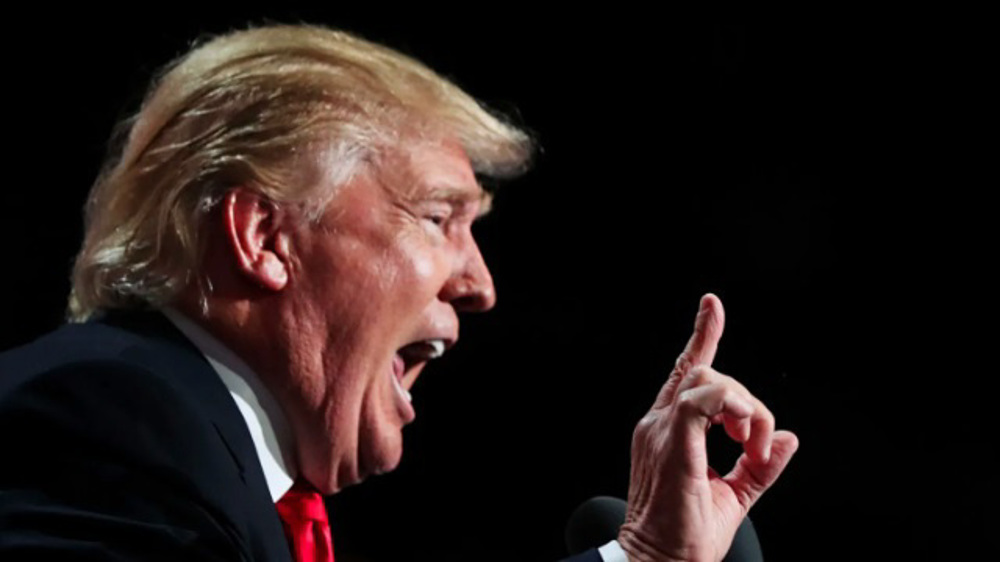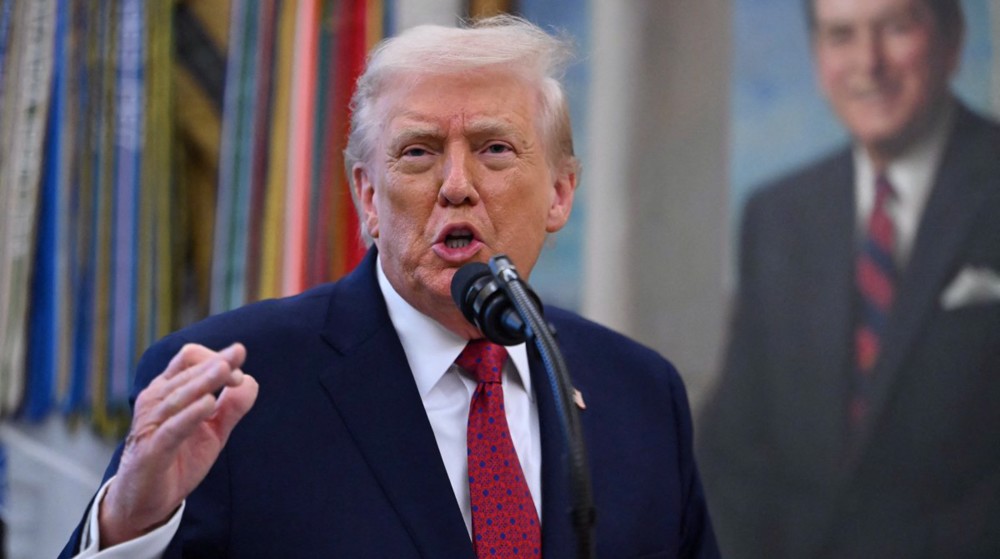US, Philippines to launch military exercise amid tensions with China
Thousands of soldiers from the United States and Philippines will kick off expanded war games, amid growing tensions in the Asia-Pacific region over China’s efforts to claim territory in the South China Sea.
American and Filipino soldiers will begin the 10-day annual exercises on Monday in the Philippines with double the number of soldiers as last year, a sign of deepening military alliance between the two countries.
The US and the Philippines will deploy 6,656 and 5,023 soldiers respectively to take part in the war games.
The Philippines is seeking more US military and diplomatic support to curb China’s increasing efforts to establish sovereignty in disputed areas in the South China Sea as well as the East China Sea.
Philippine President Benigno Aquino said last week that the joint military exercises were not directed at China specifically but are a “deterrent aspect to any entity.”
Philippine Foreign Affairs Secretary Albert del Rosario also said last week that Manila plans to request extra help from Washington.
“We are, at this point, seeking additional support from the US in terms of being able to take a stronger position, in defending our position, which is to uphold the rule of law,” del Rosario told local broadcaster ANC.
Regional countries such as the Philippines, Vietnam, Malaysia, Brunei and Taiwan, all have overlapping claims with China over disputed territories in the South China Sea. The disputed territories include the Spratly Islands, Paracel Islands, Pratas Islands, and Scarborough Shoal. Some of the disputes have been taken to the United Nations for settlement.
Beijing has repeatedly announced that the regions in dispute are a part of China’s inherent territory. It maintains that no matter what others say or do, this will not be changed.
The United States, for its part in the international dispute, has taken sides with its regional allies like the Philippines, Japan and Taiwan, against Beijing.
US Secretary of Defense Ashton Carter made his first official trip to Japan and South Korea earlier this month to revive the so-called Asia “pivot” strategy to counter China’s rapid military modernization.
Carter was a supporter of what the Obama administration calls its “rebalance” to Asia while he was serving as the deputy secretary of defense.
However, a new assessment by the Carnegie Endowment for International Peace, argues that the Obama administration’s Asia pivot has not been successful and American power and influence in the region has been declining.
AHT/HRJ
Iran plans launch of its heaviest ever satellite on Dec 28
Epstein abuse survivors slam US Justice Department over redacted files
VIDEO | Unintended consequences of a meaningless war
Iran’s IRGC says it has pulled out of Venezuela subway project
Ben-Gvir proposes 'crocodile prison,' mandatory death penalty for Palestinians
Iran set to simultaneously launch 3 satellites into space this week: Report
Israeli drone strike kills three in southern Lebanon amid truce violations
China slams US for ‘arbitrarily seizing’ ships, extends support to Venezuela










 This makes it easy to access the Press TV website
This makes it easy to access the Press TV website